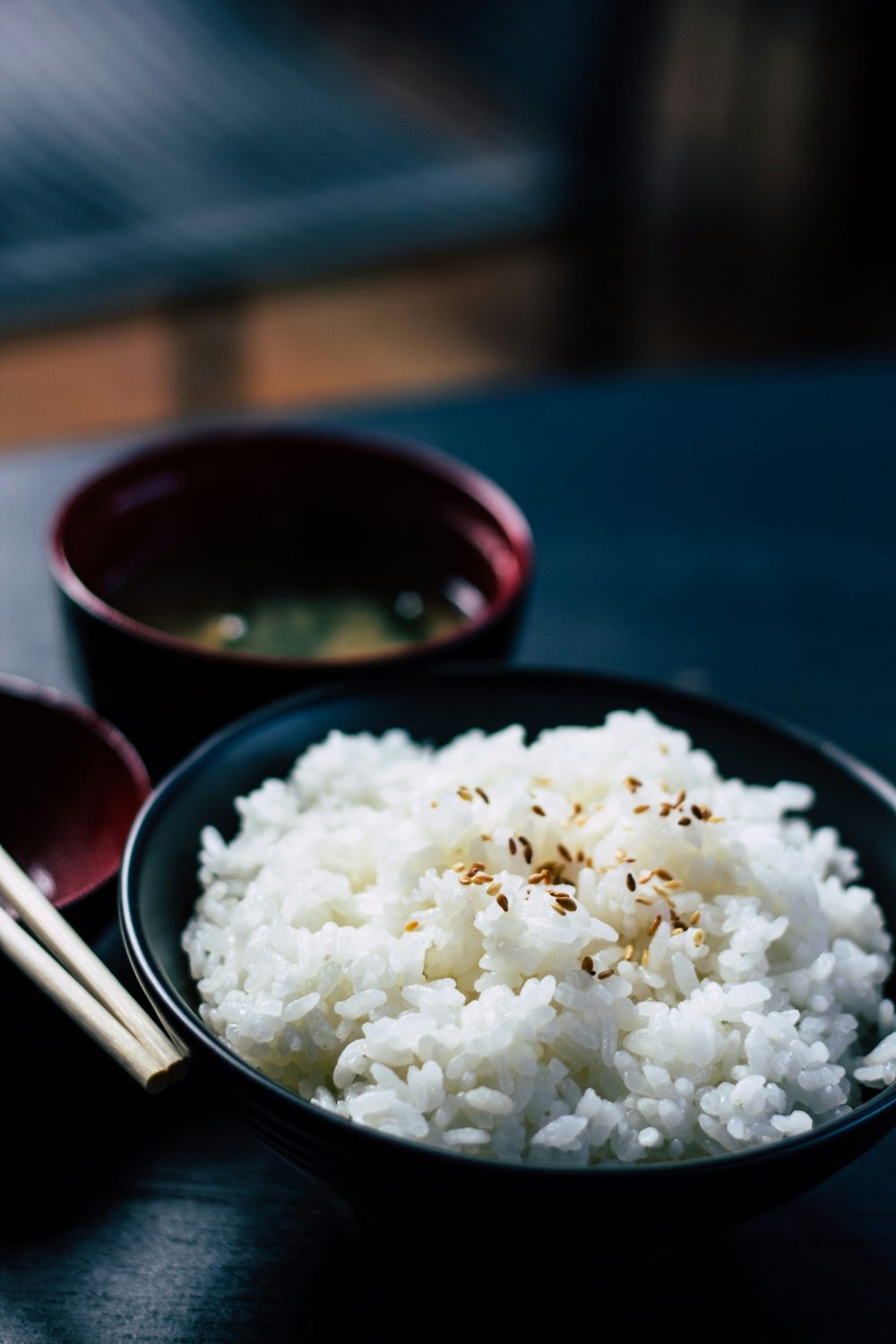Suitable protein powders for athletes
Getting an overview of the “protein product jungle” is not that easy. Although animal proteins are more efficient, they also result in a higher proportion of nitrogen waste and soya or lupin protein is not tolerated by some people. Products containing rice and pea protein are an interesting alternative.
Popular protein products
There are many different protein powders available on the market. Basically, they can be divided into animal and plant-based. Animal products contain whey or egg protein, for example, while plant-based powders contain protein from soya, lupins, hemp, rice or peas. Protein powders based on whey (whey protein) are the most common. This is obtained from the liquid that remains after cheese production (whey). Fitness centres sell large quantities of protein food made from whey for muscle building. However, whey not only leads to a high nitrogen waste content, but is also rich in lactose, which is why it is not suitable for people with lactose intolerance. Protein powders based on soya, lupins or egg are also not suitable for many people. Animal protein is on average more efficient than vegetable protein, but the nitrogen waste is significantly higher. What is nitrogen waste? Catabolic (anabolic) protein metabolism produces waste products in the body, namely ammonia and urea, which have to be processed and excreted via the liver and kidneys and can put a strain on them.
Rice protein isolate – an alternative
A protein product made from rice protein isolate is a high-quality alternative to conventional protein powders. The term rice protein isolate refers to a product that is produced in a special process from unpeeled, brown wholemeal rice and contains around 80 % pure protein of good biological value. The rice is made to germinate, which increases the content of certain vital substances (e.g. vitamins and antioxidants). To obtain the rice protein, the starch is removed and the proteins fermented. Fermentation increases the biological value, as simple rice protein does not contain all the essential amino acids, but fermentation can increase the content of vital amino acids to 80 %. Rice protein isolate also offers a number of other significant advantages. It is hypoallergenic, well tolerated and also suitable for vegans. Some manufacturers decide to add pea protein to their rice protein powder in order to make the rice protein more complete and enhance its value. Pea protein contains lysine, an amino acid that is only found in small quantities in rice. Rice protein powder can also be enhanced with creatine, L-carnitine and vitamins from the B complex. However, even with rice and peas, it must be noted that a certain amount of nitrogen waste is normal. Only products with hydrolysed, already broken down amino acids manage with practically no nitrogen waste, but of course they have their justified price. For younger, healthy people who would like to supplement their protein intake but for whom price is a factor, a vegan protein powder made from rice and pea protein isolate is very suitable. For older or chronically ill people and those with liver and kidney problems, however, a preparation with hydrolysed amino acids is recommended.

Please note
When buying protein powders, you should always pay attention to the quality and ingredients. The powder should be as pure as possible, preferably in the form of protein isolate. A good product also contains no sugar or additives and is low in fat. Protein powders are food supplements. Care should be taken to lay a good foundation with a broad selection of protein-containing foods and to use protein powder only as a supplement and not as a substitute for food.